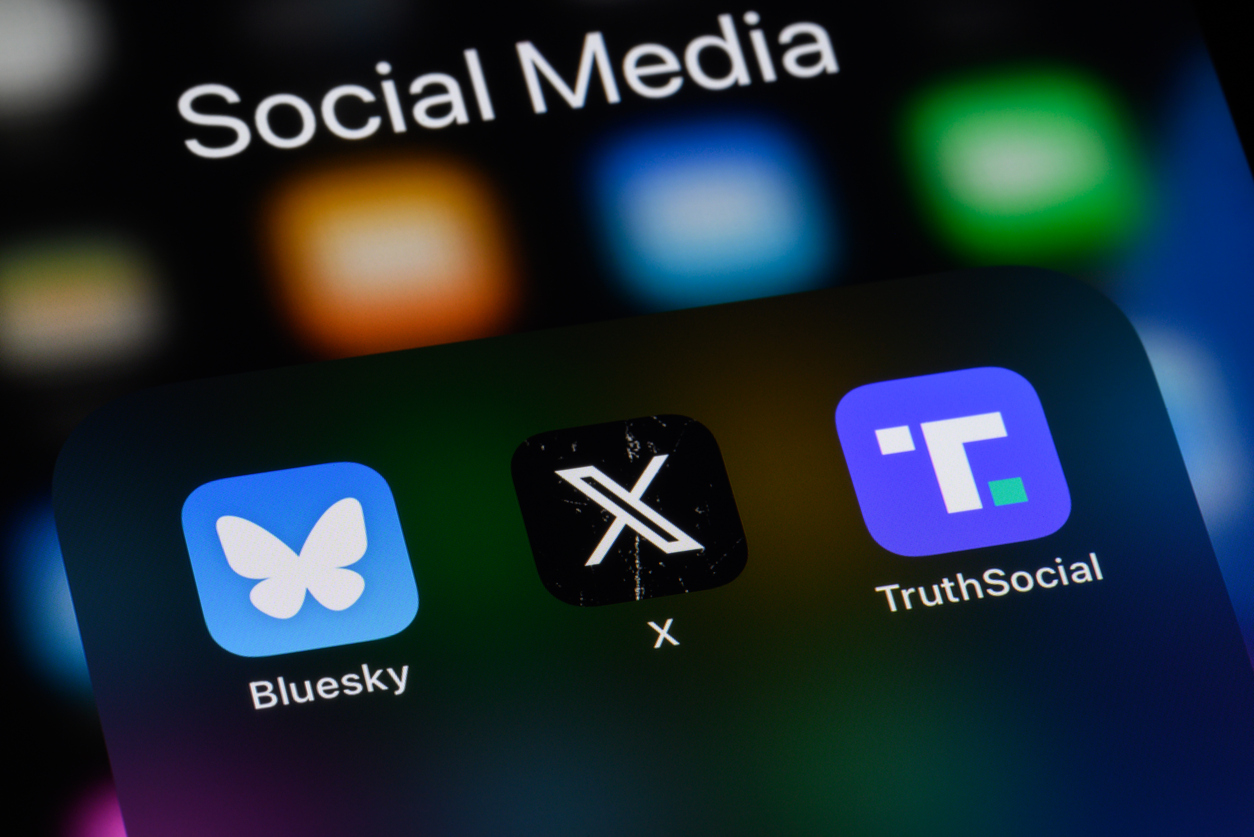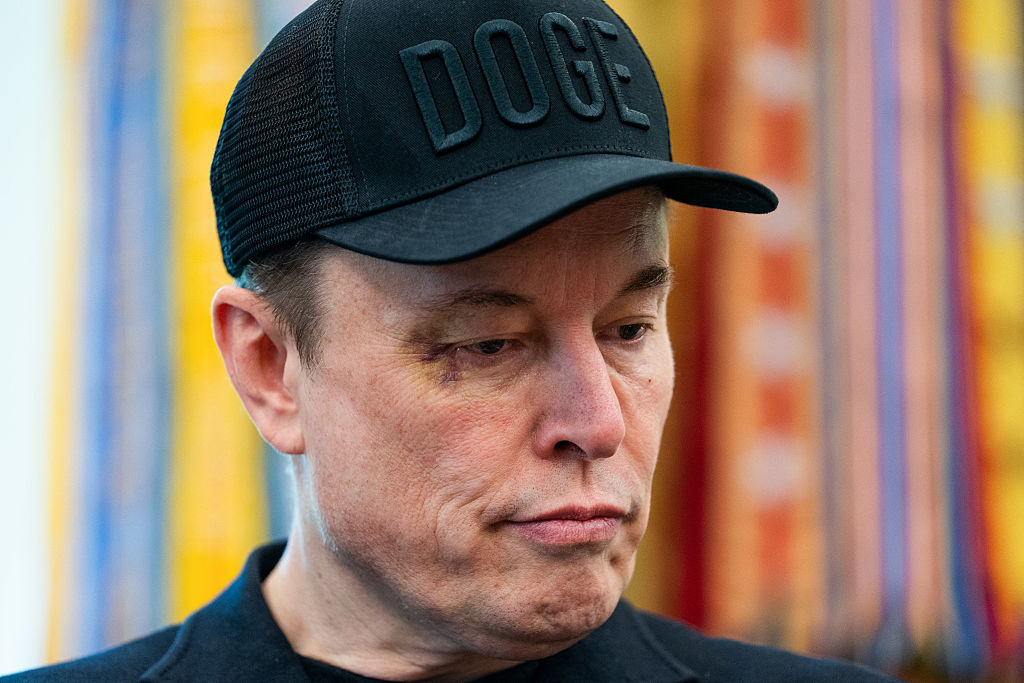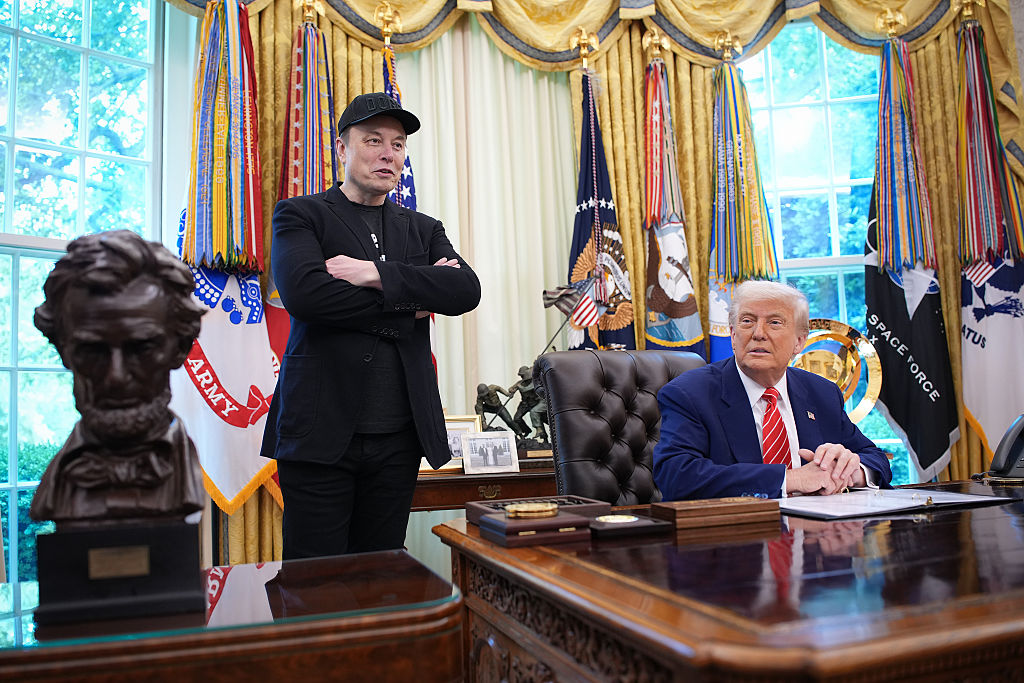Their declared intention was to break the internet. In November 2014, the winter issue of Paper magazine, a stalwart of the New York arts and music scene for thirty years, featured an image immediately declared iconic by social media: Kim Kardashian, her neck wrapped in pearls, popping a Champagne cork and catching the bubbly white stream that jets over her head in the coupe glass propped on her prominent derrière. And that was just the cover — the internet quickly shared photographer Jean-Paul Goude’s more pornographic images of an oiled-up Kardashian stripping out of her black evening gown to show off her famous buttocks, before going full frontal with a slightly unnerving smile.
The gambit worked to the tune of 16 million views for Paper in a single week. The image became an oft-parodied internet meme. It was the basis for an SNL sketch and soon afterwards Kim’s then-husband, Kanye West, had to take a mental-health break. The conversation was successfully dominated. “For our winter issue, we gave ourselves one assignment: Break The Internet,” the editors of Paper wrote. “There is no other person that we can think of who is up to the task than one Kim Kardashian West. A pop culture fascination able to generate headlines just by leaving her house, Kim is what makes the web tick.” And they were right.
Less than a decade later, Paper shut down, firing its entire editorial staff in early 2023. Amanda Fortini, now a writing fellow at the University of Nevada-Las Vegas, piped up on Twitter to note its passing: “RIP Paper Magazine. I wrote the Kim Kardashian ‘Break the Internet’ story for them, the one that accompanied the infamous photos. Or as I refer to it: the story that 16 million people clicked on and almost no one actually read.”
The Paper layoffs are a drop in the bucket in the grand scheme of things. Over the past several months, media companies have gone through a great unspooling, a long overdue series of layoffs and closures that have seen the once-mighty laid low. BuzzFeed News, once the most dominant force in new media, when fledgling journalist Andrew Kaczynski broke story after story embarrassing the Mitt Romney campaign, is no more.
VICE, the hip, video-heavy outlet, has unspooled in rapid fashion. CNN gutted their entire Headline News network, as well as multiple prominent hosts and commentators. Insider and NPR both laid off 10 percent of their workforce. The Washington Post cut staff thanks to dwindling revenues. Vox Media, the publisher of New York magazine, SB Nation, Vulture, the Verge and other sites, has cut hundreds of jobs. Disney and ABC News cut thousands, prompting political data-egghead Nate Silver to say he’ll be parting from his FiveThirtyEight website when his contract is up.
There’s also been chaos around the preferred platform of nearly every journo. The infamous “blue check” mafia of Twitter addicts has been infuriated by the purchase of the social media site by contrarian rocket enthusiast Elon Musk, who seems focused on answering the scientific question “what if a megabillionaire was also a giant troll?” Musk has wreaked havoc on the site from the perspective of those in the media who used it to self-promote, virtue-signal and find new people to fuck or fuck with, all while rejecting the journalist-NGO industrial complex of censorship most of the former blue checks believe essential to saving democracy.
The overall picture is of an industry in chaos, uncertain about economic forces and ad revenues, and of publications increasingly competing not just with each other, but in a new media landscape that drives people away from the internet’s once-thriving model: clickbait-focused entities that could drive attention, swinging for the fences on a headline, and going viral consistently enough to keep the lights on and the executives content.
“Just a few years ago, they all thought they were on a rocket ship,” Howard Kurtz, a longtime media analyst and now host of Fox News’s MediaBuzz, told me. “But it started breaking apart in midair, and nobody knew what to do to keep it from blowing up entirely.”
Part of the story is a natural backlash against the kind of ephemeral content that made these rocket ships go. It was certainly possible to sustain a BuzzFeed-style model in 2012 — when people would click on “what cheese are you” quizzes and the like — and believe it might be the future. Instead, tried and true approaches to news have won out. People are willing to pay for high-quality journalism that gives them something they can’t otherwise access. The success of the New York Times is just one example of this — their paywall, launched in 2011, was initially derided as a desperate attempt by a relic to hold on within the digital era. Now it has more than 10 million paying subscribers, and the old Gray Lady has carved out space in newsletters and podcast categories in a way few anticipated.
People will pay for good content, it turns out — if you make it meaningful, timely and easy to buy. The success of Substack, the newsletter platform that has become a landing place for writers and creators who charge the monthly equivalent of a latte for access to their content, has allowed a return of the blog-style individual reporter with a journalistic focus. Substack is small but its prominent participants — including Bari Weiss, Matt Taibbi and Michael Shellenberger — now occupy positions at least as powerful as those of columnists at the New York Times.
Yet there’s tension here too. When Elon Musk bought Twitter, he leaked information about its background dealings to Weiss, Taibbi, Shellenberger and others, setting in motion a review of Twitter’s previous practices and a series of highly controversial reports on it. Musk increasingly views Substack as a threat to Twitter, even shutting down the ability of Twitter users to link to the newsletter website at one point. I asked for the thoughts of one Substacker. The answer: “Elon needs to understand that this isn’t competitive; we’re all media rebels who are doing what corporate media won’t.”
When it comes to anti-corporate media rebels, nowhere is more crowded than the world of podcasting. While Joe Rogan and his Spotify deal, reportedly worth as much as $200 million, are the most prominent example, podcasts are legion and feature a broad range of views, many deemed problematic by the “anti-misinformation” media-government establishment — what Shellenberger and others have taken to calling the “censorship industrial complex.” It represents an attempt by government, old guard media and nonprofits to do by force what they cannot achieve via markets or “fact-checking” shops — silence voices with which they disagree. In the wake of problems with Covid coverage and the New York Post’s Hunter Biden story, the implications for the coming election are concerning to say the least.
“This is an inflection point for media, where everyone’s looking to get their ducks in a row pre-2024,” Steve Krakauer, producer for The Megyn Kelly Show and a longtime media critic, told me. “BuzzFeed, VICE, Insider, Vox — these are all companies that never really figured out their business model. They were trying to emulate businesses that are themselves failing. They wanted to be like one of the big guys. But social media is not the same entry to content that it once was, and they bet on a distribution model that was baked in at Facebook and other platforms, getting into bed with social platforms that didn’t actually monetize their content. Those platforms turn off the fire hose and you’re dead.”
Much of this change might have come sooner. But the reckoning was staved off by a fundamental misunderstanding of industry challenges, as well as the pandemic years and the rise of Donald Trump, which trapped so many people in the hamster wheel of social media. Caught in the Trump wave and the pandemic maelstrom, these publications fought to ride the whirlwind of allegation and debate to higher click counts. But when those stories failed to pan out — when Russiagate went up in smoke, and it turned out much of what the top health officials were saying about Covid was debatable at best — people turned to alternate sources, and the clicks dried up.
So BuzzFeed buys HuffPost for next to nothing, and now HuffPost is the traffic winner for lefties who want their own version of the Drudge Report — which is still around too, by the way. The future of media turned out to be a flash in the pan, and “breaking the internet” an all-too-brief sugar high. In an odd way, the media has reverted to where it was a quarter century ago. Substackers are just Blogspotters with mailing lists; the New York Times rules all from on high; Andrew Sullivan is still hanging around somewhere; and readers are very much in the mood of late-Nineties Homer Simpson: “Your ideas are intriguing to me and I wish to subscribe to your newsletter.”
Fortini’s piece on Kim Kardashian — the one no one read at the time — seems today like an indictment of the industry itself. “As she talks, I notice that her skin, which is the golden color of whiskey, is free of wrinkles, crow’s feet, laugh lines, blemishes, freckles, moles, under-eye circles, scars, errant eyebrow hairs or human flaws of any kind. It’s like she comes with a built-in filter of her own.” A filter that seemed too good to be true — and ultimately was.
This article is taken from The Spectator’s June 2023 World edition.






















